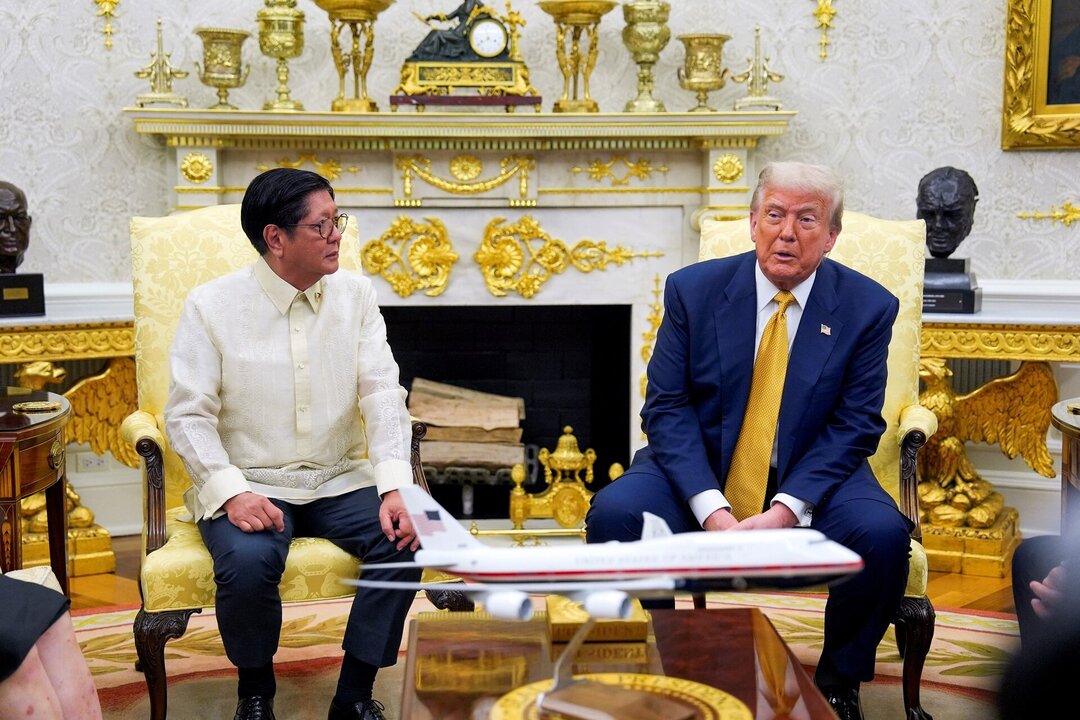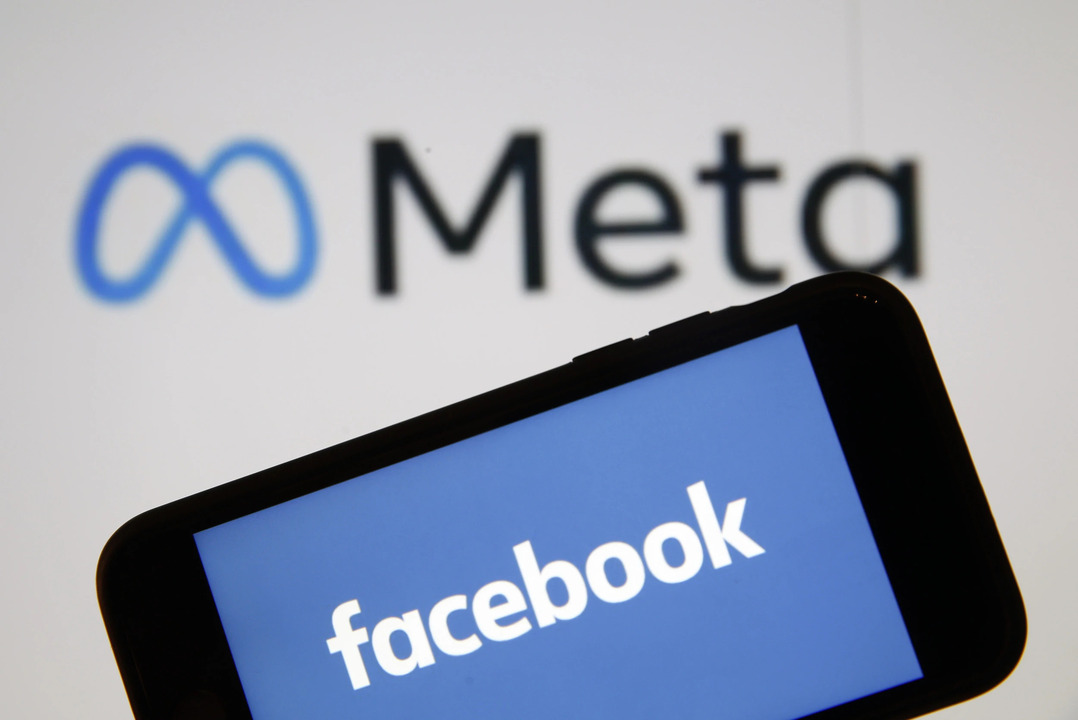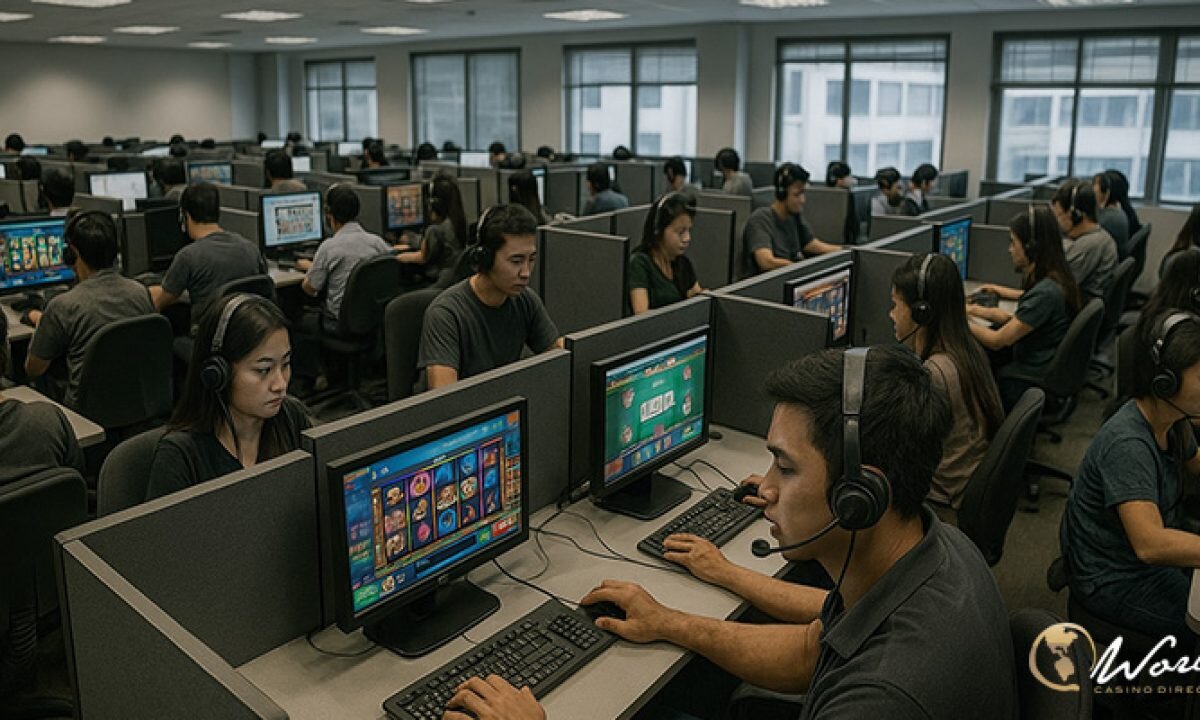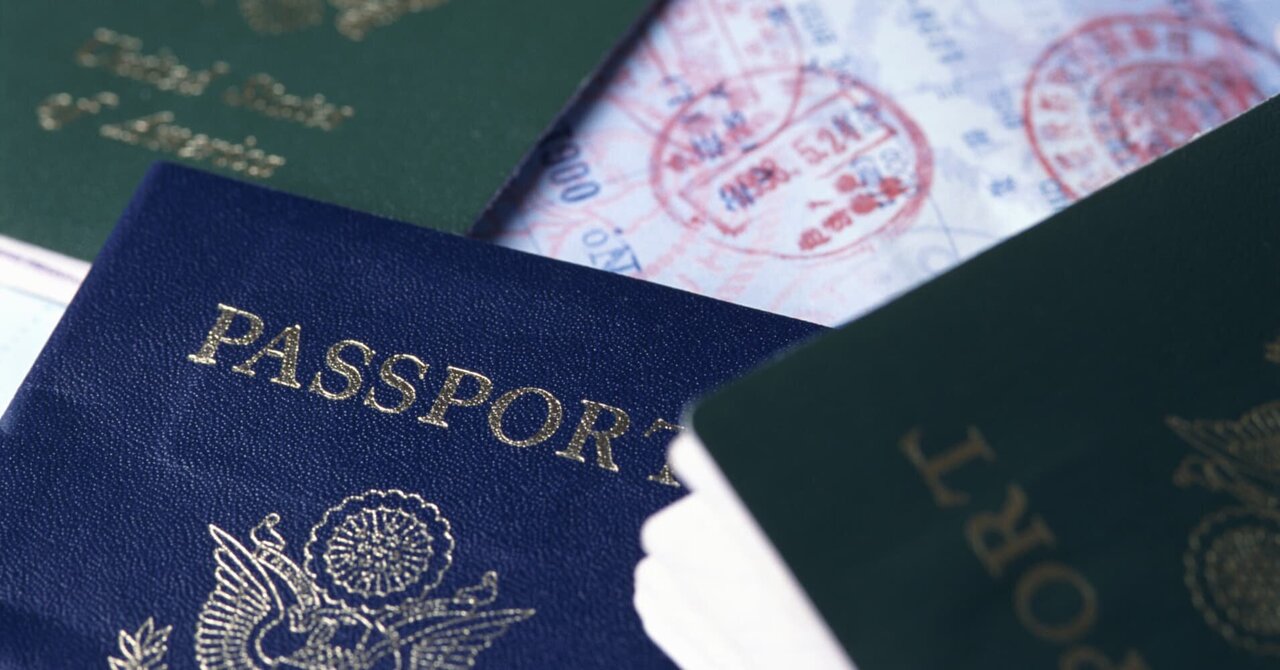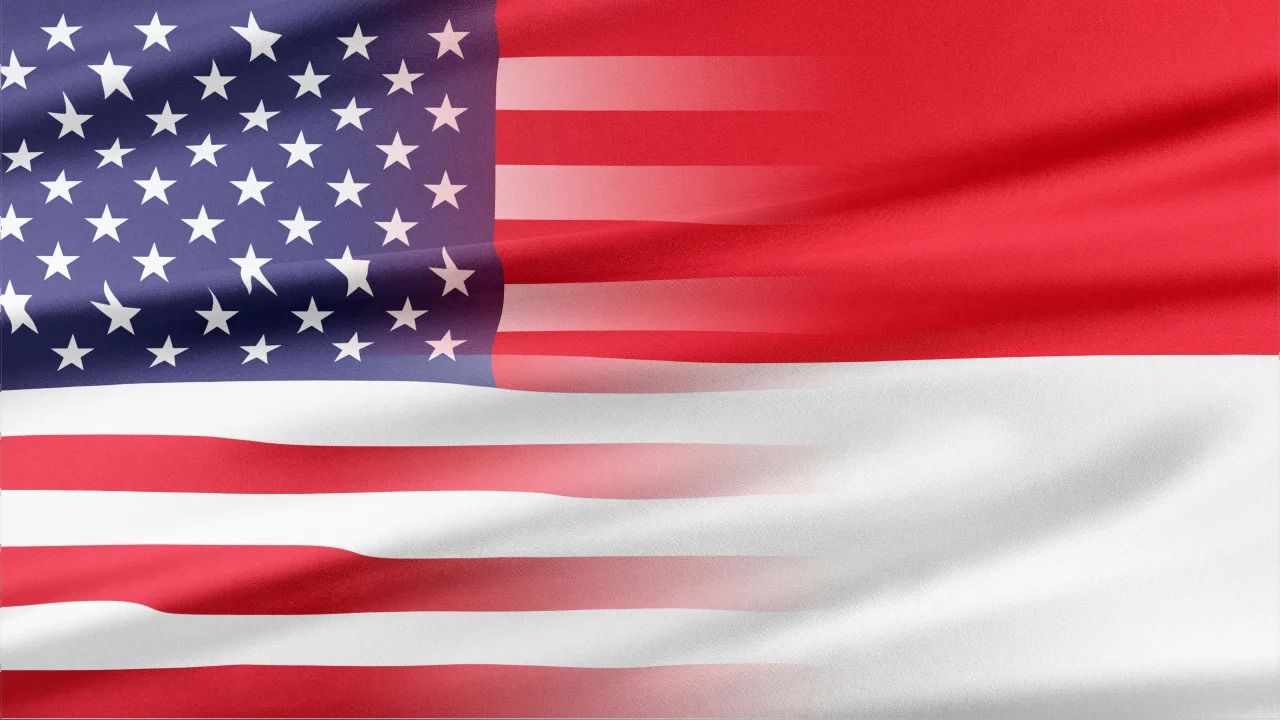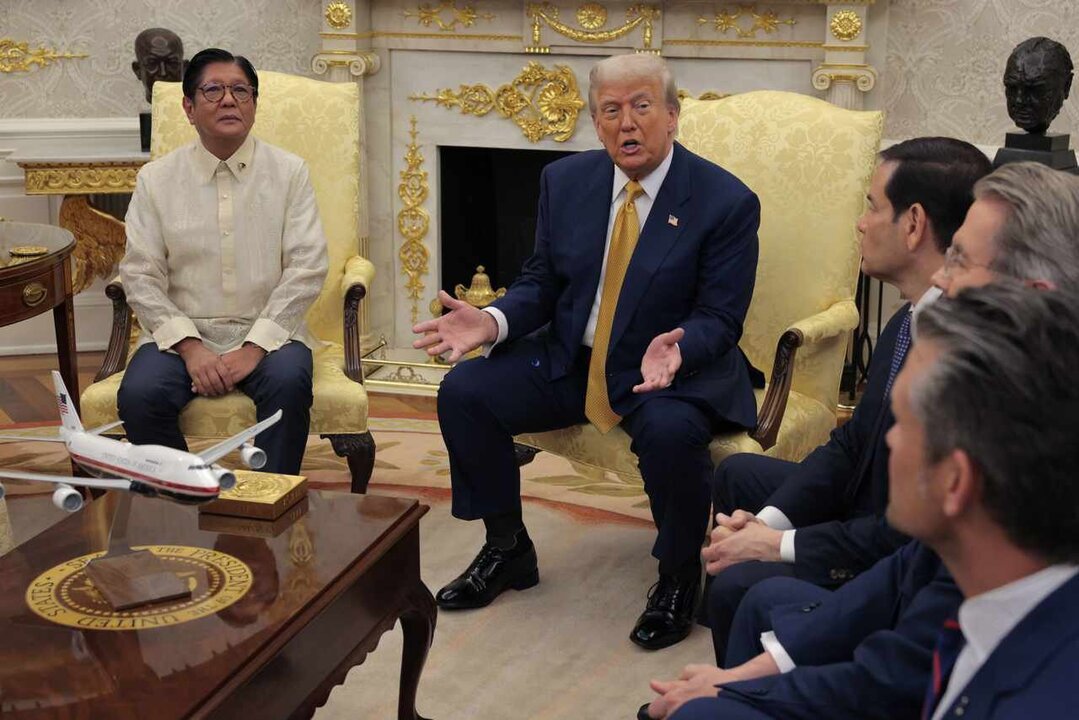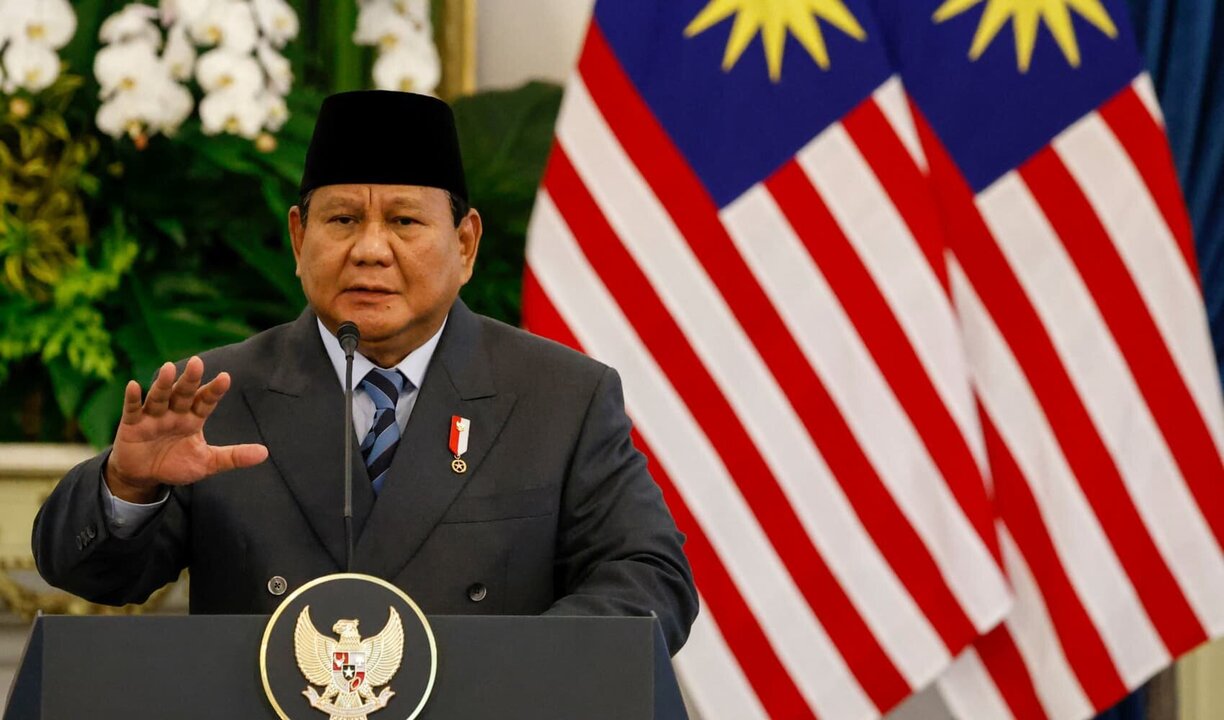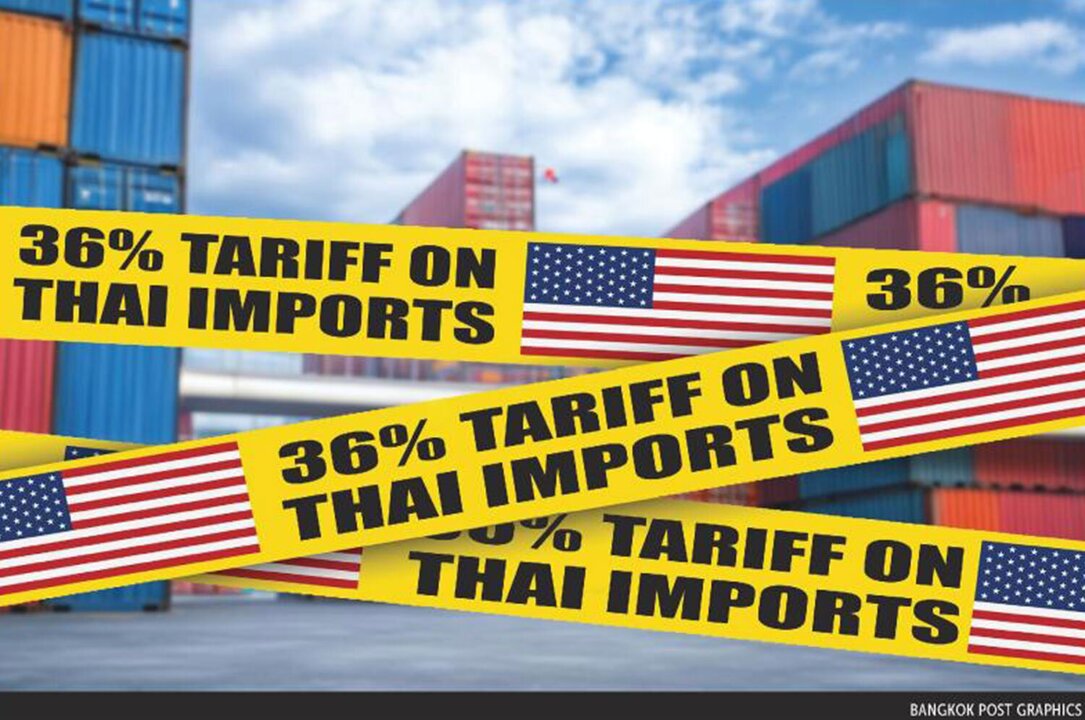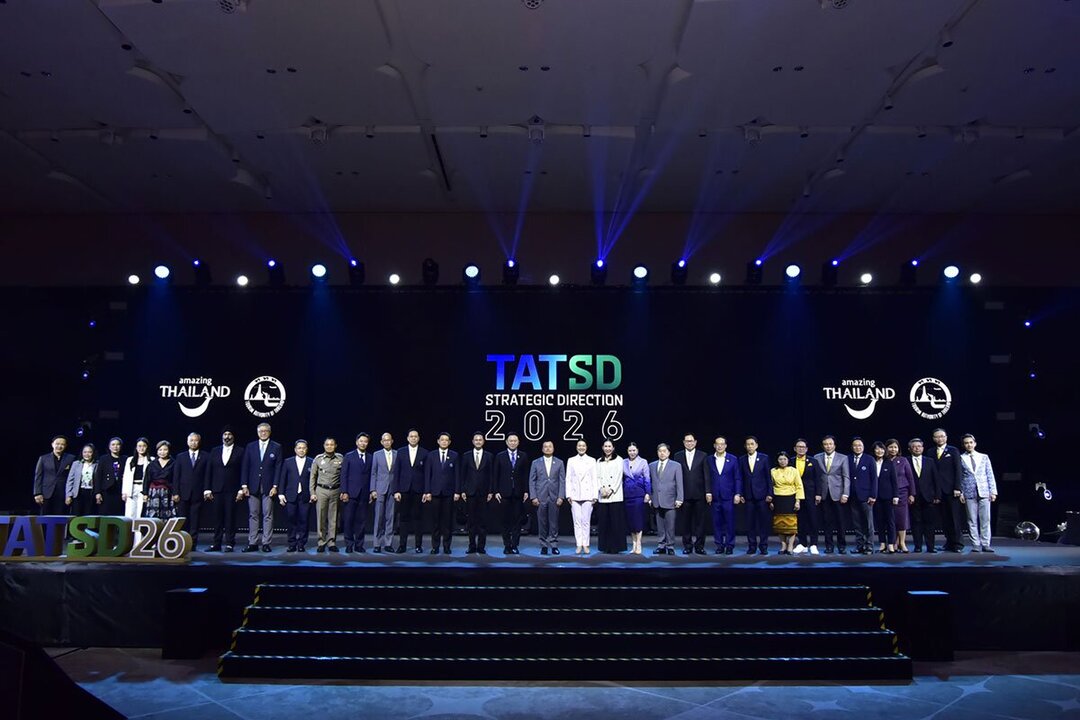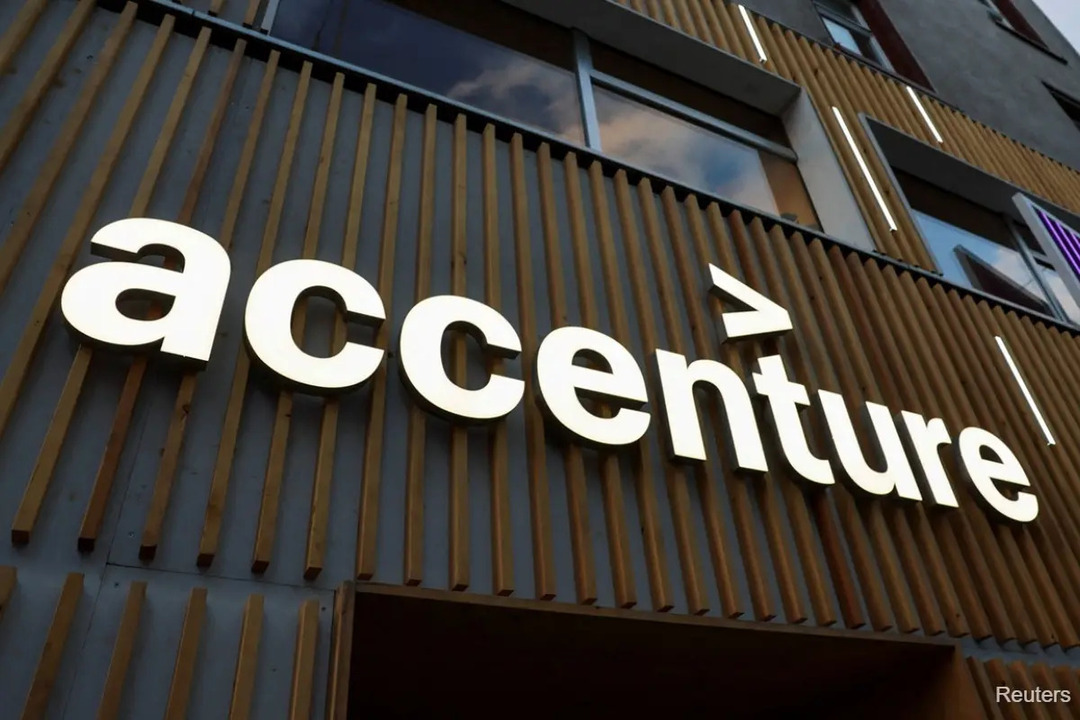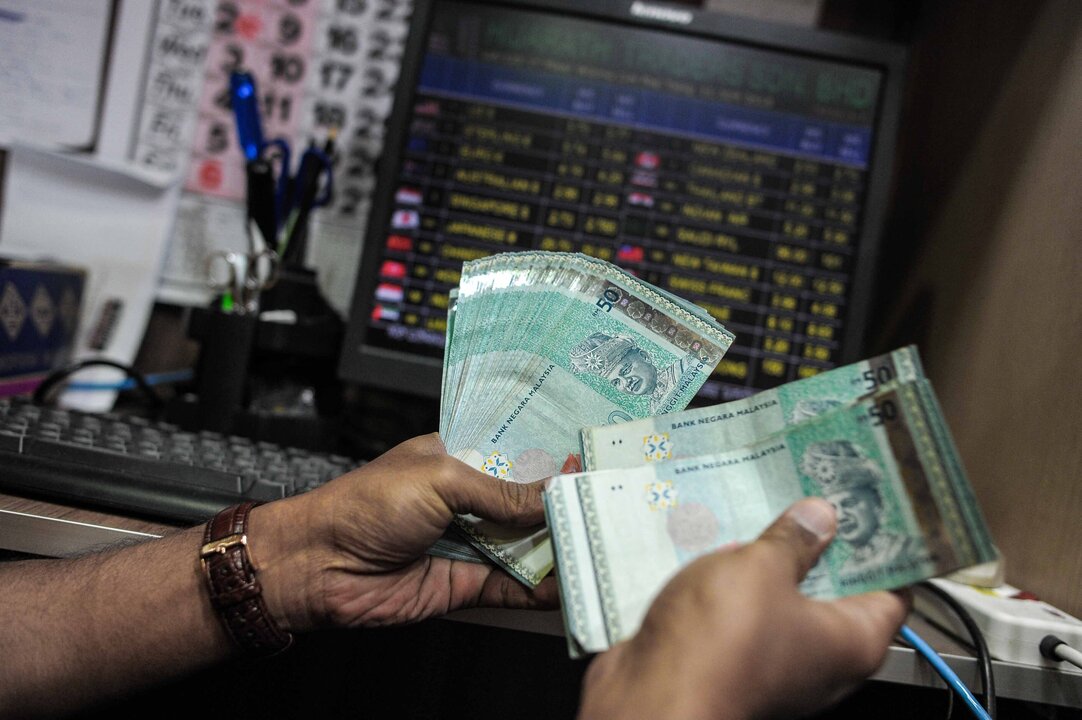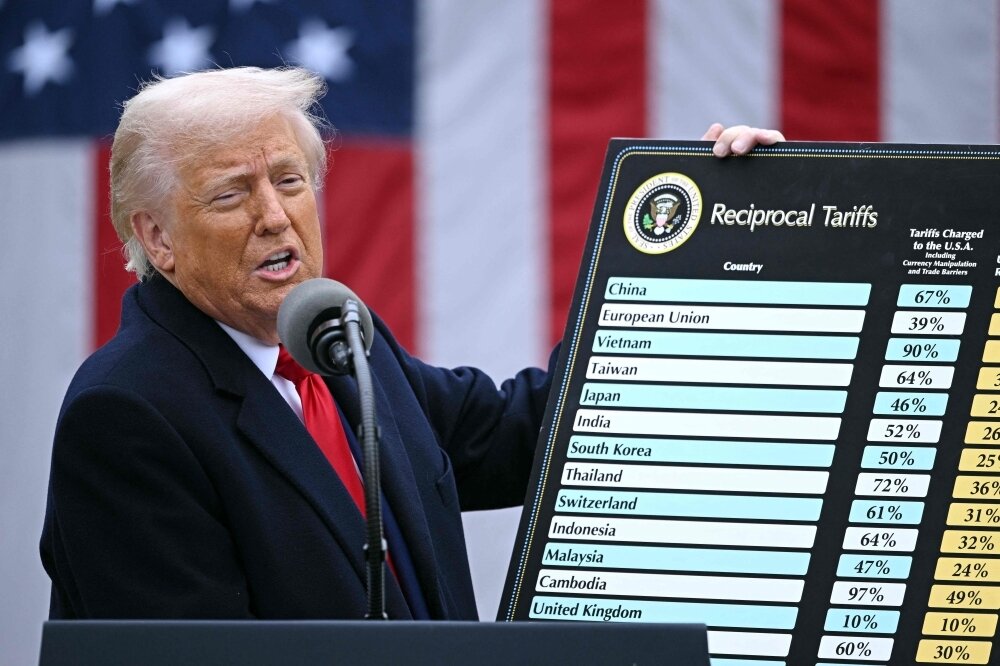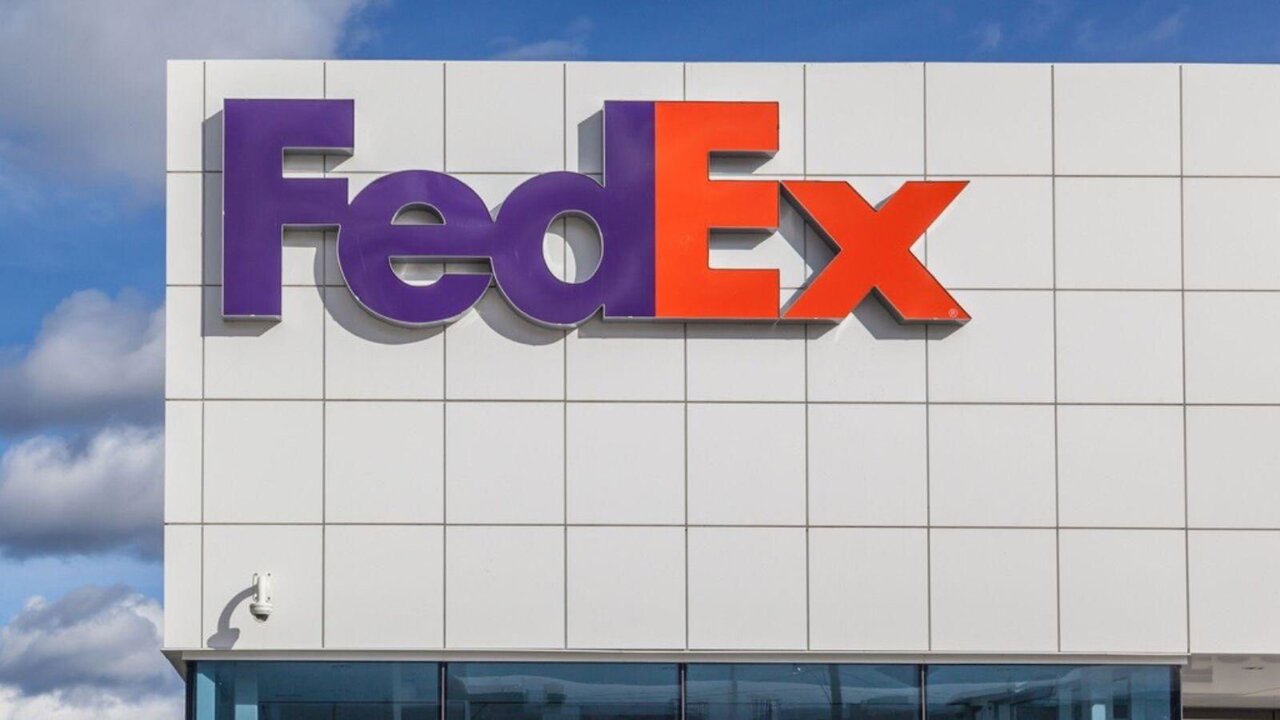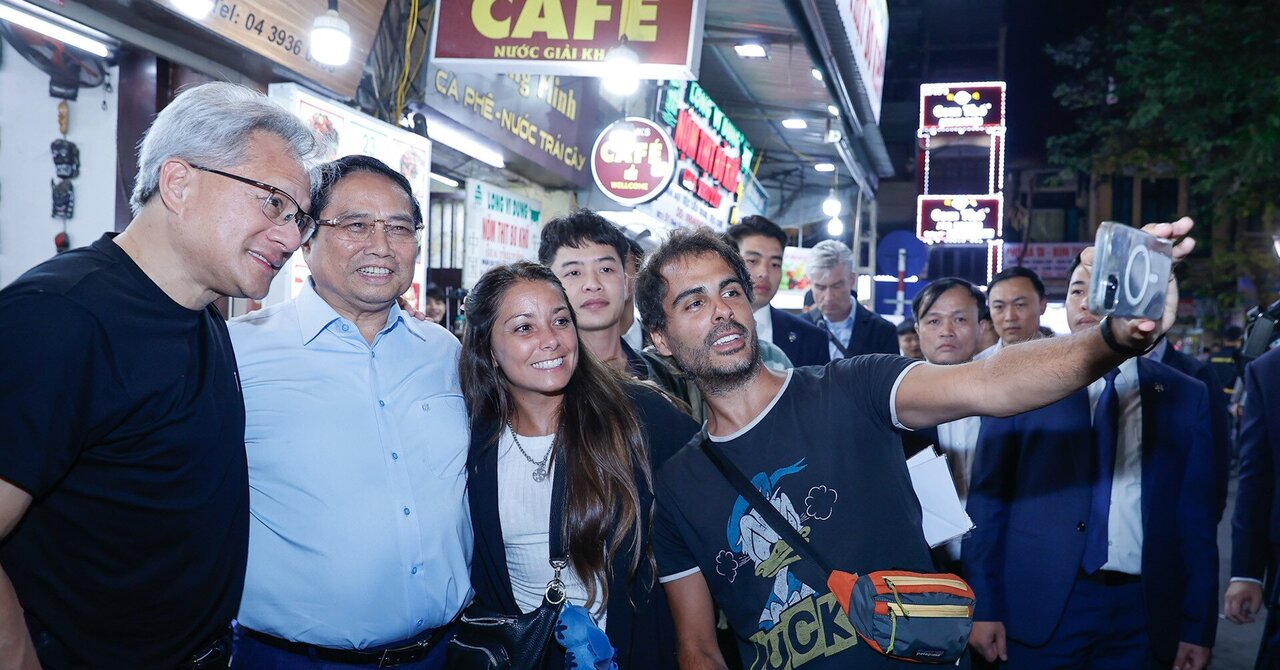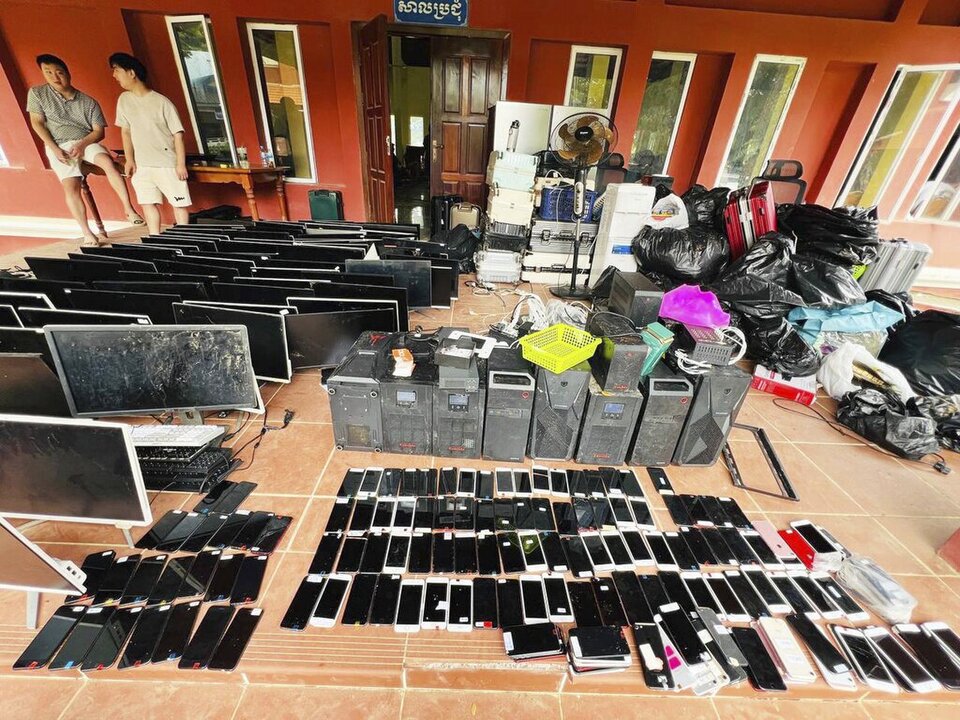
The raids, conducted in cooperation with regional and international partners, aim to dismantle sophisticated human trafficking and cyber fraud networks that have increasingly used Cambodia as a base of operations.

OpenAI CEO Sam Altman warned the financial industry of a "significant impending fraud crisis" because of the ability of artificial intelligence tools to impersonate a person's voice to bypass security checks and move money. Altman spoke at a Federal Reserve conference Tuesday in Washington.
"A thing that terrifies me is apparently there are still some financial institutions that will accept the voiceprint as authentication," Altman said. "That is a crazy thing to still be doing. AI has fully defeated that."
Voiceprinting as an identification for wealthy bank clients grew popular more than a decade ago, with customers typically asked to utter a challenge phrase into the phone to access their accounts.
But now AI voice clones, and eventually video clones, can impersonate people in a way that Altman said is increasingly "indistinguishable from reality" and will require new methods for verification.
"That might be something we can think about partnering on," said Fed Vice Chair for Supervision Michelle Bowman, the central bank's top financial regulator, who was hosting the discussion with Altman.
According to a recent report from research firm Owl & Co, the global podcast industry brought in $7.3 billion last year—more than double most prior estimates. This surge reveals that podcasting, still a relatively young entertainment format, is bringing in far more money than many insiders had previously realized.
Advertising accounts for the bulk of these revenues, with the rest coming from paid subscriptions. These numbers do not include live events, such as the wildly popular British political podcast The Rest is Politics, which sold out London’s O2 Arena for a live taping.
In this booming market, one of the most surprising success stories is that of Joe Budden, a former rapper once dubbed “the Howard Stern of hip-hop.” Last month, Budden unintentionally posted a screenshot from Patreon—a subscription platform where fans can pay creators directly. The image showed over 30 million views in 30 days.
While the revenue figures were blacked out, internet sleuths edited the image and discovered that Budden had likely earned over $900,000 in that single month, backed by more than 154,000 active subscribers. The figures quickly made headlines. Budden’s latest Patreon update and podcast episode even referenced the leak with a title that cheekily reads “Blackout the Numbers.”
According to Ian Schwartzman, CEO of the Joe Budden Network, the platform is now averaging $1.04 million per month on Patreon. “We have around 70,000 paying subscribers, with subscription tiers ranging from $5 to $50 per month. Higher tiers offer access to more content, including exclusive spin-off shows,” Schwartzman told The New York Times.
Budden’s Patreon offers four subscription levels:
Homies ($5/month) – Ad-free episodes and bonus content.
Family ($10/month)
Friend of the Show ($25/month)
Part of the Show ($50/month) – Includes a chance to appear on-air and have your name in the credits.
These subscription revenues alone could exceed $12 million in 2025, making Budden one of the highest-earning creators on Patreon—a claim that a Patreon spokesperson has confirmed.
But subscriptions aren’t Budden’s only income stream. Advertising also contributes millions in additional revenue, said Schwartzman. Notably, Budden’s team sells their own ads directly, instead of partnering with major networks like iHeart, Wondery, or SiriusXM, which often take a cut of ad revenues.
Budden’s journey hasn’t always been lucrative. Back in 2017, when he co-hosted a show on the media platform Complex, Schwartzman recalls that they were struggling to break even. Budden himself has said he was surviving on a $500-per-week stipend at the time.
From 2018 to 2020, The Joe Budden Podcast had an exclusive licensing deal with Spotify, which paid under $2 million per year and didn’t include ad revenue or equity.
After a tense split with Spotify, Budden and Schwartzman began shopping for new distribution deals. But negotiations often broke down over exclusivity clauses. In one case, a potential $44 million deal was rejected because it required removing all content from YouTube.
“As the money goes up, so do the demands,” said Schwartzman. “We wanted someone who saw our value and would let us stay in the game.”
In 2021, they found their fit in Patreon—no guaranteed check, but equity in the company and advisory roles for both Budden and Schwartzman. “Joe is in a league of his own,” said Patreon CEO Jack Conte. “Earning $1 million a month on Patreon is extremely rare.”
Since hitting that revenue milestone in November, the Joe Budden Network hasn’t slowed down. Conte credits Patreon’s creator-first model, noting: “Artists today have more leverage and control than ever before in the history of the arts.”









